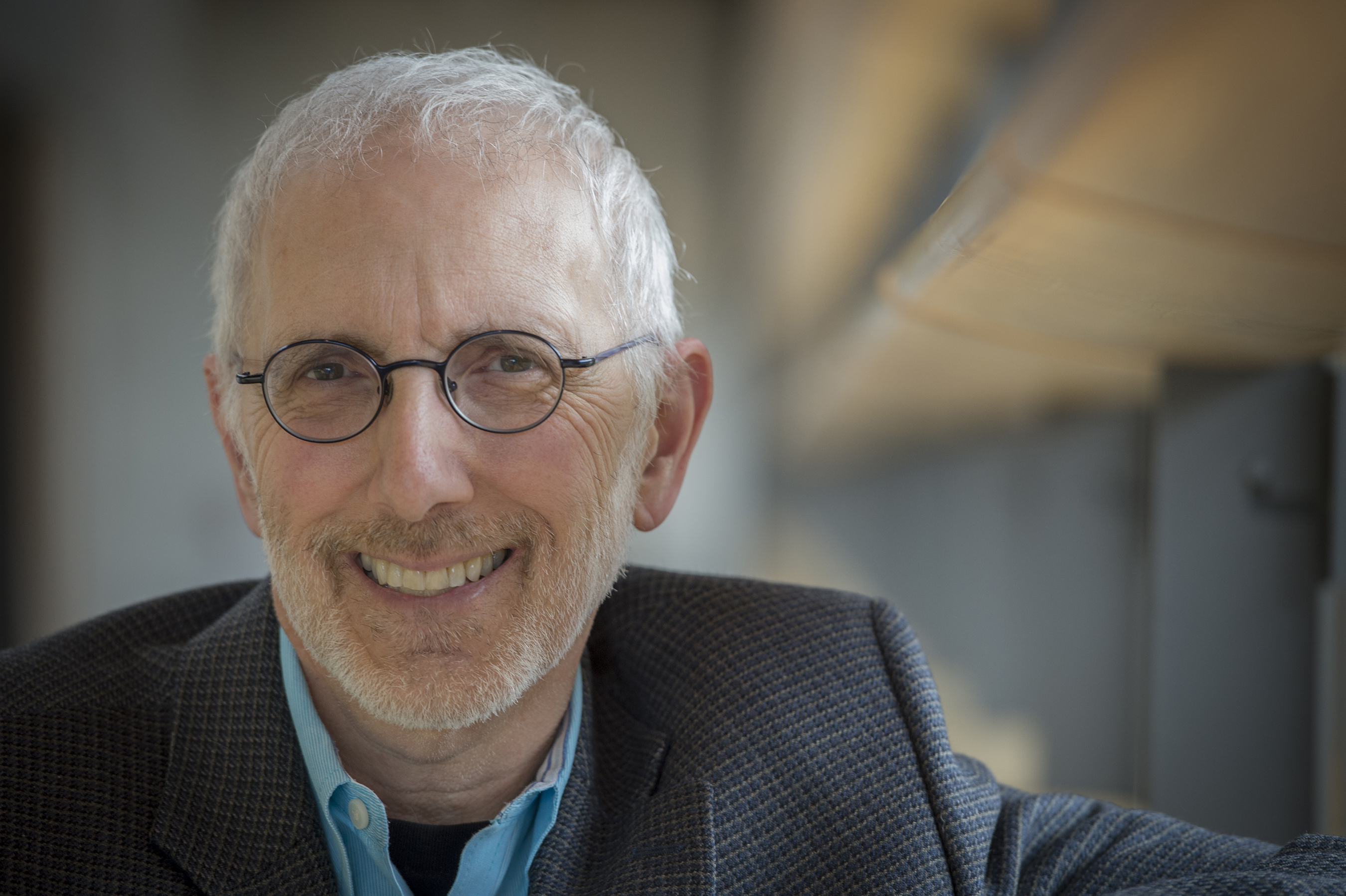When Nick Licata was first elected to the Seattle City Council in 1997, Amazon was happily headquartered in SoDo, the SuperSonics were happily playing at Seattle Center, and Microsoft was happily taking over the world. Now, after 18 years sitting on a council responsible for governing one of the country’s fastest-changing cities, he’s returned to citizen ranks, ready to dish on how progressives can move the heavy cogs of government with his new book Becoming a Citizen Activist.
“I think the best thing that I can do, and that I try to do in the book, is fight cynicism,” says Licata on his first official day of retirement—Jan. 1, 2016. “One of the great advantages that I believe Ronald Reagan had in promoting a reactionary agenda was he was optimistic. The problem that people who are progressives have is we concentrate so much on what’s wrong and how we want to correct what is wrong and how if we don’t correct it, we’re to end up in horrible shape. We have to change the way we look at what is around us, and say that we can change things and things are changing for the better.”
Seattle Weekly sat down with Licata to get his take on what makes City Hall tick, and whether little people stand a chance in the new Seattle.
SW:
There’s a perception that in Seattle, disagreements and conflicts get worked out behind the scenes. If that’s the case, how can voters really know what’s going on at City Hall?
Licata: It’s very difficult to stop politics from happening among politicians. It’s gonna happen. So to a certain extent it’s not the goal of stopping it from happening or just trying to make everything transparent, because you will slow everything down, and that may or may not be good. Just making everything transparent to the point of slowing it down could stop a lot of progressive legislation.
The way citizens can affect process is by working closely with allies or making certain politicians their allies, to open the door to the extent that they’re at the table. [That] didn’t quite happen with affordable housing, because [the HALA committee] didn’t, for instance, grapple with the idea of out-of-control rents. They sidestepped that.
In the area of providing affordable housing, I think the Council has been way more conservative than most cities our size who are not “progressive.”
“Conservative” in the sense of being friendly to developers.
Yes. Economic and business conservative. We’re very socially progressive, so that’s not an issue in Seattle. But there is this strong concern that we don’t want to hurt development in Seattle—although it appears that we’re bulletproof, almost, right now. Due to our location, we’re one of the closest trade routes to China and Asia. Now, that’s not city policy. That’s a result of our location. And our majestic environment has resulted in many CEOs wanting to locate their companies here. It’s a nice place to be. If you look at business studies, businesses tend to locate where the owner or the founder wants to locate the business, even if the taxes are higher. Not astronomically higher, but they want to live in a city that has something going for it. They don’t want to live in St. Louis, for instance. Those [other factors] are things that are a given, and we’re playing off of that.
[In] South Lake Union, we could have made, and should have made, much stronger demands. We really sold ourselves short. We could have gotten five times more the number of affordable units. We upzoned South Lake Union, and we just didn’t ask for enough. We lost an opportunity there.
It seems like we tend to apply, and sometimes misapply, categories from national politics to city politics—liberal versus conservative, for instance. What’s a good set of categories for thinking about political ideology on the city level?
If you go out to the communities and you ask what measurement they use to categorize Council members, it’s really funny. They don’t use the left/right. They use a very simplistic and in some ways accurate [rubric]: It’s developer-friendly and not-developer-friendly. If you look at business interests in Seattle, developer interests are by far the primary player. They’re not, for the most part, big corporations, but they of all the different kinds of business interests have the most to gain or lose on the direct authority that cities have, which is zoning.
When the Council moved into the area of minimum wage and sick leave [and the plastic-bag ban], then we start seeing, for probably one of the first times, national players move in, because then you were affecting national interests. The plastic-bag ban is a good example: [The plastics lobby] spent $1.5 million defeating that in Seattle. And then of course with minimum wage you have the fast-food industry.
But those are singular issues. The ongoing work of the Council really is spending public money on public projects, and zoning.
cjaywork@seattleweekly.com
Comments have been edited for length.








